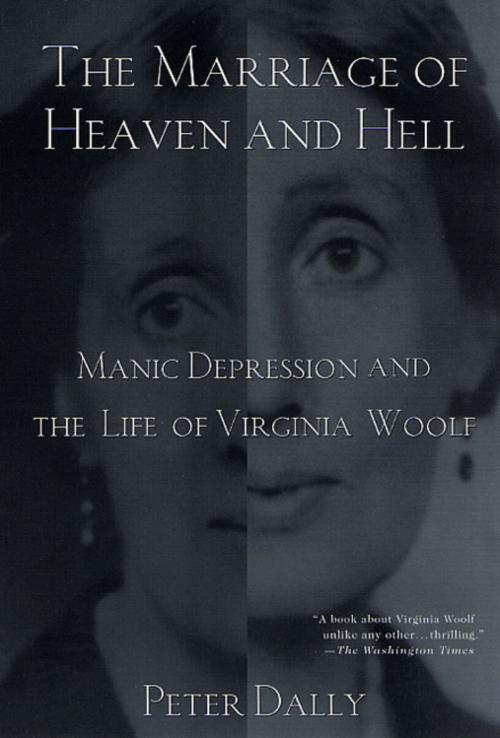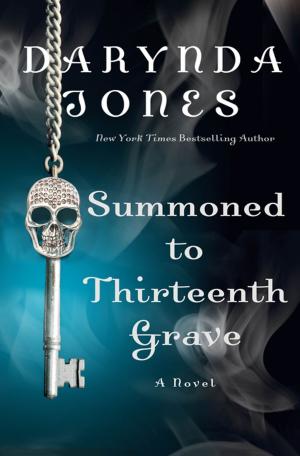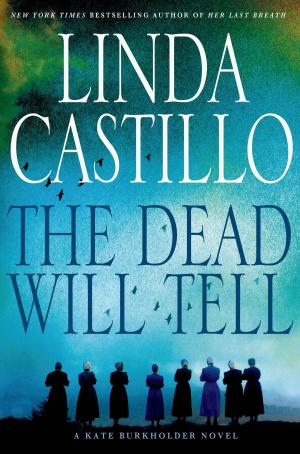The Marriage of Heaven and Hell
Manic Depression and the Life of Virginia Woolf
Biography & Memoir, Literary| Author: | Peter Dally | ISBN: | 9781466885226 |
| Publisher: | St. Martin's Press | Publication: | November 11, 2014 |
| Imprint: | St. Martin's Press | Language: | English |
| Author: | Peter Dally |
| ISBN: | 9781466885226 |
| Publisher: | St. Martin's Press |
| Publication: | November 11, 2014 |
| Imprint: | St. Martin's Press |
| Language: | English |
Combining his knowledge as a doctor and a lifelong fascination with Virginia Woolf's life and work, eminent psychiatrist Peter Dally offers a haunting and compelling look at the depression that tormented Virginia Woolf throughout her adult years, in The Marriage of Heaven and Hell: Manic Depression and the Life of Virginia Woolf.
On three occasions Virginia went mad. Symptoms of these episodes included conversations with her dead mother, and hearing birds speak in Greek. Though a quiet life cushioned her childhood, the renown that Woolf achieved through writing inspired the bouts of depression and elation that she regularly experienced as an adult. This terrified Virginia, and though the experience offered extraordinary insight into her craft, Woolf lived in constant fear of her dreadful affliction.
Virginia's most vital protection from stress was her husband, Leonard. Without his constant vigilance and care, it is doubtful she would have been so creatively productive. Yet, paradoxically, their marriage ultimately precipitated her most dangerous bout of madness. Toward the end of her life, when events outside the couple's control led to Leonard's own depression and gradual withdrawal, Virginia found herself facing madness alone, and with tragic results.
Compassionate and disturbing, this fascinating study is the first to look at Virginia Woolf's life from the perspective of her illness.
Combining his knowledge as a doctor and a lifelong fascination with Virginia Woolf's life and work, eminent psychiatrist Peter Dally offers a haunting and compelling look at the depression that tormented Virginia Woolf throughout her adult years, in The Marriage of Heaven and Hell: Manic Depression and the Life of Virginia Woolf.
On three occasions Virginia went mad. Symptoms of these episodes included conversations with her dead mother, and hearing birds speak in Greek. Though a quiet life cushioned her childhood, the renown that Woolf achieved through writing inspired the bouts of depression and elation that she regularly experienced as an adult. This terrified Virginia, and though the experience offered extraordinary insight into her craft, Woolf lived in constant fear of her dreadful affliction.
Virginia's most vital protection from stress was her husband, Leonard. Without his constant vigilance and care, it is doubtful she would have been so creatively productive. Yet, paradoxically, their marriage ultimately precipitated her most dangerous bout of madness. Toward the end of her life, when events outside the couple's control led to Leonard's own depression and gradual withdrawal, Virginia found herself facing madness alone, and with tragic results.
Compassionate and disturbing, this fascinating study is the first to look at Virginia Woolf's life from the perspective of her illness.















